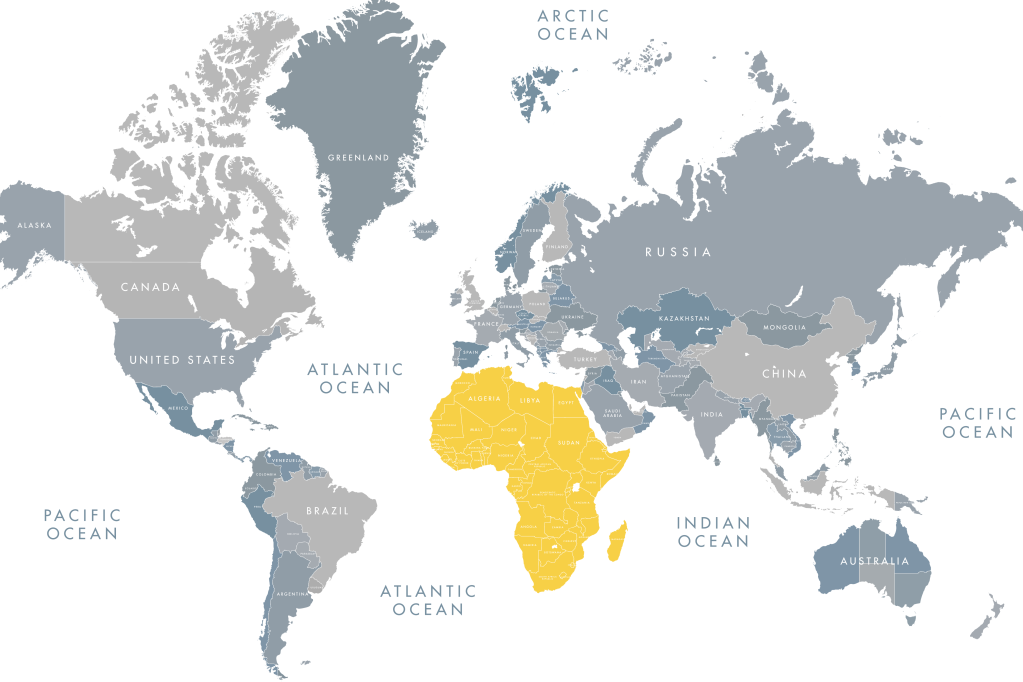African ministers, together with senior officials responsible for finance, environment and sustainable development, and other representatives of international bodies and development institutions have expressed their support for the work of the International Sustainability Standards Board (ISSB). Their endorsement of ISSB’s practice has been stated in a communique, which was published in connection with the International Cooperation Forum and Meeting of African Ministers of Finance, Economy and the Environment, held in Egypt on 7–9 September.
“This commitment is reciprocated as we develop a global baseline of sustainability disclosures that follows an inclusive process and is shaped by feedback from all regions, including Africa.”
Emmanuel Faber, ISSB Chair
The communique states that “Early adoption by African jurisdictions and companies has the potential to attract more investment and to boost private sector development in Africa. We urge the ISSB to work closely with African stakeholders and to provide strong advisory and capacity building support to achieve early adoption of the ISSB standards in Africa.”
Emmanuel Faber, ISSB Chair, said:
“I’m greatly encouraged by the African community’s interest in and support for the ISSB’s work. This commitment is reciprocated as we develop a global baseline of sustainability disclosures that follows an inclusive process and is shaped by feedback from all regions, including Africa. We look forward to working closely with stakeholders across Africa and in developing and emerging economies elsewhere to build sustainability disclosure capacity.”
The adoption of the ISSB Standards is a further step in the focus on the commitments and implementation ongoing under the UNFCCC (The United Nations Framework Convention on Climate Change) process.
In connection with their objective to tackle climate finance and mobilise resources in order to improve resilience, the communique states that the African countries will:
“Strive to enhance Africa’s resilience and adaptation capacity in order to achieve the global goal on adaptation with a view to significantly reduce the immediate, short- and medium-term negative effects of climate change on African countries.”
They are also going to:
“Call on African countries to strengthen institutional arrangements to enhance efforts to adapt to the effects of climate change, and to avert, minimize and address loss and damage, in line with achieving sustainable development and poverty eradication.”
Increasing debt burden
It is important to note, however, that in their communique the ministers also expressed deep concern about the current global crises and their potential impact on Africa, especially in relation to the increasing cost of finance and debt burden, energy prices, food security, the potential spread and impact of the conflict in Europe, and the unmanaged transition to lower emissions and climate resilient growth.
According to the ministers all of these have a potential undermine African countries’ ability to contribute to the attempts to mitigate climate change as set out in the Agenda 2030 and Africa 2063 Agenda.
In particular, the reference to an “unmanaged” energy transition was important in the context of an announcement supporting the work of the ISSB. The communique went on to say that “approaches that encourage abrupt disinvestment from fossil fuels” should be avoided as they were a potential threat to the African economy and that developing countries in Africa and elsewhere need ‘the development space to undertake a just and equitable energy transition’.
So while the ISSB’s work is clearly being supported, the potential economic impact of mitigating climate change in practice very much remains a cause for disquiet and concern for African nations.
Read the communique in full here.


